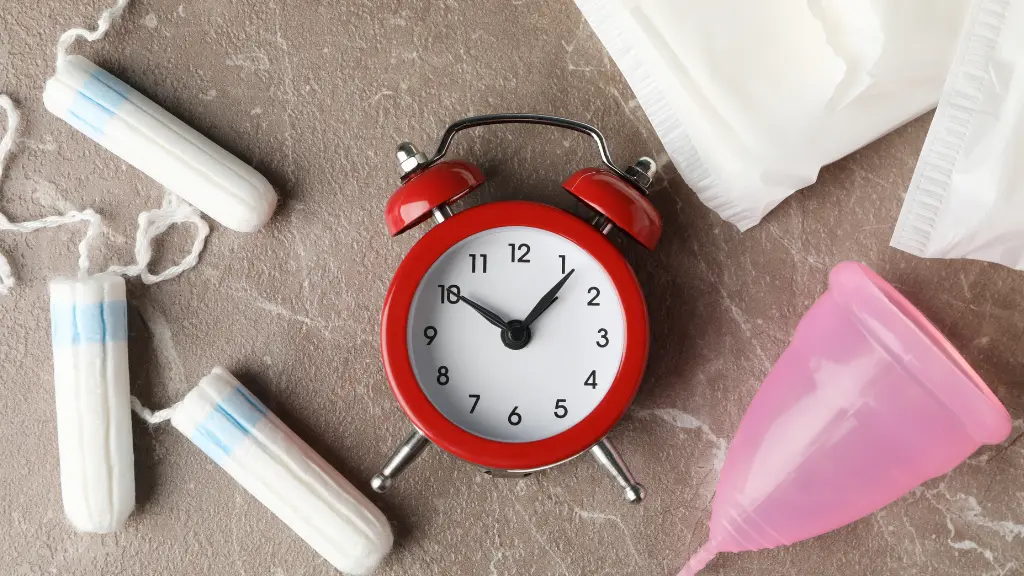For many people with depression, even the smallest tasks, like taking a shower, can feel incredibly challenging. While this might seem confusing to those who haven’t experienced it, there are genuine reasons why self-care routines feel daunting during depressive episodes.
Understanding why this happens can shed light on depression’s deeper impact and help individuals find small ways to manage this struggle with compassion and care.
You May Also Like: Hold the Coffee: Why a Morning Delay Might Be Healthier
Understanding Depression and Motivation
One of depression’s most common symptoms is a severe lack of motivation. This isn’t laziness or disinterest; it’s a profound feeling of being weighed down. Depression impacts neurotransmitters like serotonin and dopamine, which play key roles in our motivation and energy levels. When these chemicals are imbalanced, activities that usually feel routine, like showering, can feel overwhelming.
In depression, the brain’s reward center becomes less active, so even when we think of a rewarding outcome, like feeling refreshed after a shower, it doesn’t trigger the same drive. This lack of motivation is a fundamental reason why people with depression struggle with daily tasks, from brushing teeth to showering.
Physical Fatigue and Depression
Depression often brings physical fatigue, sometimes described as feeling heavy or drained. This fatigue can make even small actions, like standing up or moving around, feel exhausting. Showering requires steps—gathering clothes, running the water, standing under it—all of which feel monumental when you’re already battling exhaustion. For some, this fatigue feels so intense that they conserve energy by avoiding unnecessary movement.
In this way, depression isn’t just an emotional or mental experience. It also causes real physical exhaustion, reinforcing the difficulty of even basic self-care routines.
The Role of Self-Worth in Self-Care
Depression can negatively affect self-worth. When someone feels worthless or believes they don’t deserve care, they may struggle to see the point in engaging in self-care activities. If you’re feeling unworthy or as though you don’t deserve to feel good, the motivation to shower fades further.
Self-worth and self-care are closely linked. A shower can feel like an act of nurturing, and depression often clouds this sense of self-nurture. This is why those suffering from depression often neglect even essential hygiene routines, as they struggle to prioritize themselves.
The Energy Barrier in Depression
Depression puts everything on “low battery mode.” Tasks are mentally and physically draining. A shower is more than just the act of getting clean. It involves finding the right temperature, staying alert under running water, and managing the sensory stimulation of water on skin, which some find overwhelming. When energy is already so low, the thought of facing all these sensory inputs can be a major barrier.
For some, even the thought of getting wet and having to dry off afterward can feel like too much. This sensory fatigue is an often-overlooked aspect of depression but is very real and contributes to the struggle.
The Mental Block: Overthinking Small Tasks
A symptom often present in depression is “task magnification,” where even simple tasks seem complex and overwhelming. This is a cognitive process where each step in the routine feels like an uphill battle, leading the brain to overestimate how difficult or exhausting it will be. For instance, you might think, “I’ll have to undress, shower, dry off, find clean clothes… and it’s just too much.”
Task magnification makes these steps feel monumental, creating an aversion to starting the process altogether. This mental block is a common aspect of depressive thinking patterns, which make tasks feel insurmountable.
Reducing the Overwhelm: Practical Tips for Managing Showering During Depression
While it’s normal to feel overwhelmed, there are compassionate ways to make showering easier when struggling with depression. Here are some practical tips to help overcome this common hurdle:
- Shorten the Routine: Aim for a shorter shower. Set a timer or choose a two-minute rinse instead of a full wash routine. Even a quick rinse can help you feel a bit more refreshed.
- Use Comfortable Water Temperatures: Choose a water temperature that feels soothing rather than stimulating. Warm water can be relaxing without the shock of cold or the intensity of hot water.
- Allow for Alternatives: If a shower feels overwhelming, try alternatives like washing your face, using a washcloth, or dry shampoo. Small steps can still help you feel refreshed without taking on a full shower.
- Keep Supplies Handy: Prepare your clean clothes and towels before you start, so they’re within reach. This can reduce decision-making and make the task feel simpler.
- Break it Down: Focus on one step at a time. Instead of thinking about the entire shower, start with just undressing or just stepping into the bathroom. Breaking down tasks can make them more manageable.
- Add Enjoyable Elements: Try making the experience more comforting with scented products, music, or warm towels. These elements can create positive associations, making it easier to repeat the process.
Being Gentle With Yourself
Self-compassion is essential when dealing with depression. It’s okay to struggle with showering, and you’re not alone in feeling this way. Recognizing this as a common symptom of depression can help reduce feelings of guilt. When you understand that it’s depression making self-care difficult, it’s easier to approach the task with compassion instead of self-judgment.
Remember that depression affects millions, and your struggle with routine tasks is a shared experience. Many people find relief when they realize it’s the depression impacting their motivation, not a character flaw.
Support Networks: Reaching Out for Help
While tips can help, remember that depression is a clinical condition that often requires support beyond self-help. Whether it’s from family, friends, or mental health professionals, reaching out can make a difference. Support systems can provide encouragement, and therapy can offer strategies for managing symptoms.
Consider seeking help if depression makes daily routines feel impossible. Therapies like cognitive-behavioral therapy (CBT) and medication options can work to restore motivation, lessen fatigue, and help you manage the impact of depression on daily life.










